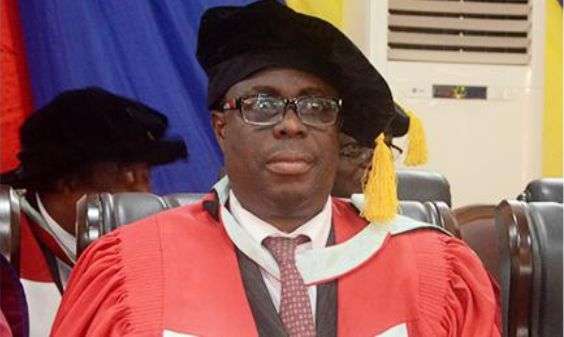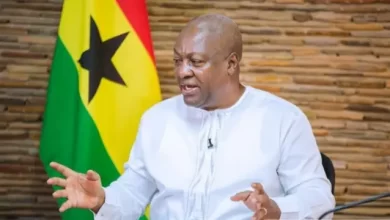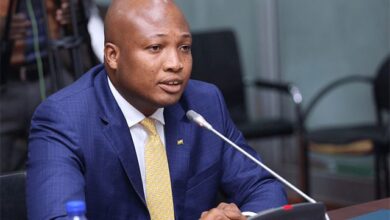Vice-Chancellor urges youth to be agents for peace
Professor Joseph Ghartey Ampiah, the Vice Chancellor, University of Cape Coast, has called on the youth to be agents for peace building efforts in the society.
He noted that they were not often conscripted as agents of violence but also the primary enablers of social change.
Speaking at the eighth congregation of the Pentecost University College (PUC) in Accra, Prof Ghartey Ampiah observed that the youth possessed the traits of creativity, openness to new experiences, and desire for change, combined with the energy which were distinctive elements and capabilities conducive for peace building and societal transformation.
The PUC’s eighth congregation was on the theme: “Empowering our Generation to drive Change through Peace Building and Societal Transformation.”
At the congregation, 627 students comprising 83 graduate students, 536 undergraduates and eight professionals, graduated.
The Vice Chancellor, who was the guest speaker at the ceremony, however, stated that educational institutions had the responsibility to teach values that could harness the potential of the youth into good citizens who stand for peace and progress in the society.
He said this required educational institutions to include in their programmes content courses that promoted positive values and eliminated elements that perpetuated intolerance and violence.
Prof Ghartey Ampiah said faith-based institutions such as PUC, had a role to play in ensuring that their core values were capable of shaping their products into agents of change in terms of peace and societal transformation.
“It is therefore, refreshing to know that PUC has put in place a mentoring programme and college assembly concept aimed at grooming their students to become responsible citizens with the fear of God,” he said.
The Vice Chancellor said government had a role to play in coming out with policies and programmes that would create employment and entrepreneurial opportunities for our teeming youth.
He explained that the propensity of the youth to gather and mobilise to form associations as a result of social challenges since high unemployment rates posed a threat to the nation, adding: “The ravaging effect of the Arab spring is still fresh in our minds.”
Prof Ghartey Ampiah said the primary source of political tension could be attributed to the distribution of resources and other opportunities.
He said there was the need for stakeholders to take a second look at the status-quo of the winner takes all syndrome.
He said this would go a long way to promote peace and consensus building for sustainable economic development in the country.
Apostle Dr Daniel Okyere Walker, the Rector of the PUC also stated that the present generation was endowed with a number of opportunities provided by Information Communication Technology which could serve a tool for mobilising the youth for peace building.
He said the social media should be used by the youth to spread messages of peace, rather than hate, and made reference to the elections in America and Ghana.
He said the two countries had proved that the social media could be used effectively to mobilise people.
The Rector of PUC said “when we work towards peace it creates the environment for development and prosperity; however, in our parts of the world prosperity seems to elude us because of corruption.
Apostle Okyere Walker said the darkness of greed, self-serving leadership and disregard for the poor was thick; and as such, Africa would not be in a position to transform its societies if these negative attitudes were not checked.
“There is therefore, the need for transformational leadership to reverse the unfortunate perception of leadership in Africa as corrupt, self-serving and inability to deal with the challenges that have plagued the continent,” he added.
Source: GNA





